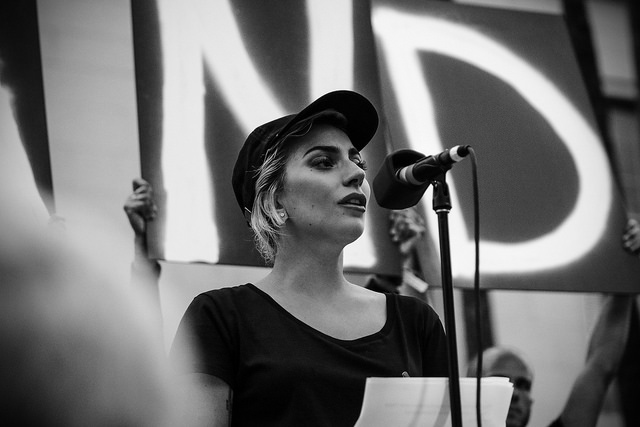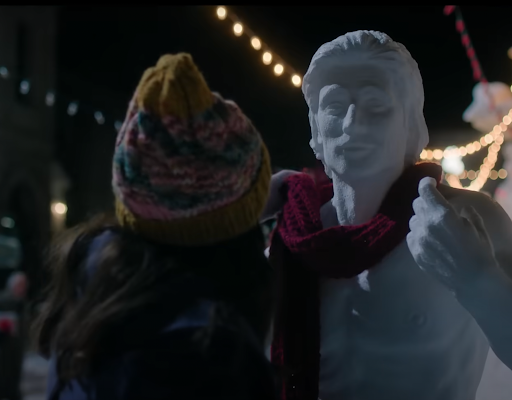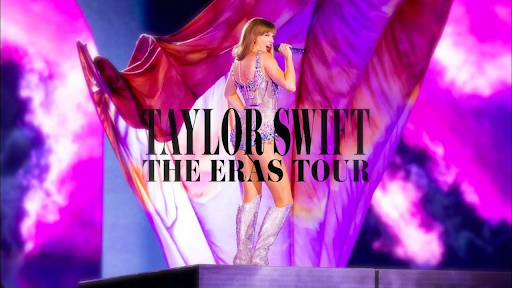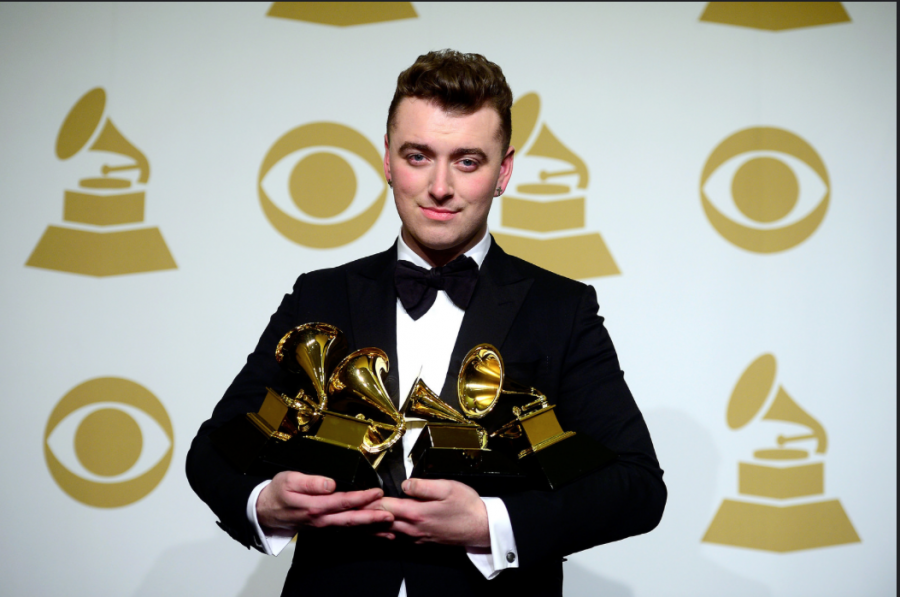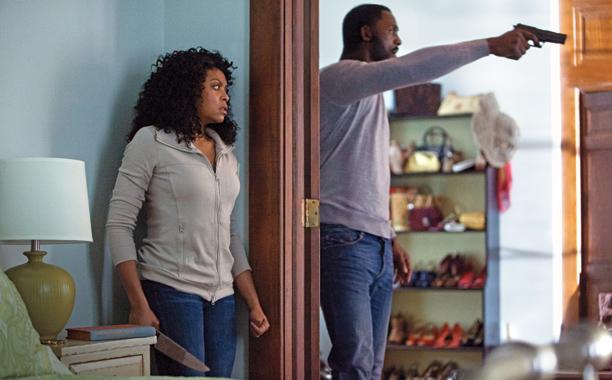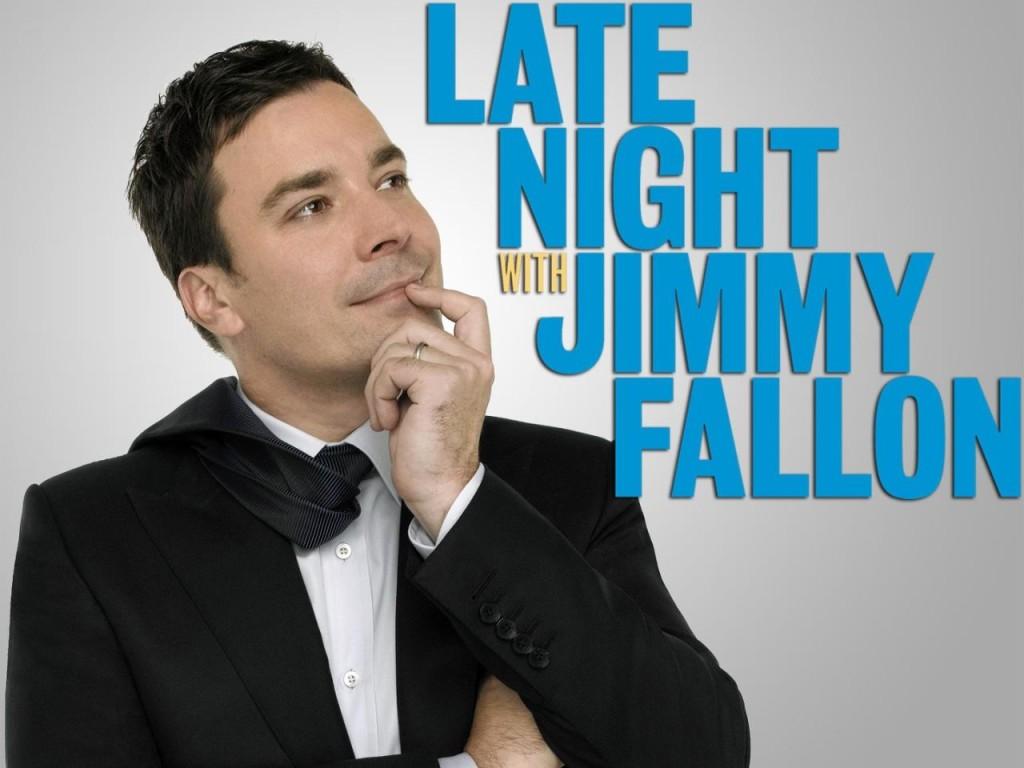For theatre lovers, musical fiends, or just Anne Hathaway fanatics, there was no better way to spend Christmas night than watching the highly anticipated release of the film adaptation of the classic novel and musical, Les Miserables.
With a cast of greats, musical numbers sung live in one take and breathtaking cinematography, any dreams of leaving the theatre without shedding at least a single tear, were surely turned to shade.
The thunderous trumpet and drums rang through the entire space as though we were actually in a Broadway theatre. Danny Cohen’s cinematography is so sharp and visually stimulating that we were all taken by surprise.
From the first word sung you are reminded that this film is sung through live, as the sound of waves crashing against wood almost (but barely) drown out the sound of the baritone and tenor of the prisoners aboard the ship. An almost unrecognizable Hugh Jackman appears as none other than prisoner #24601 – Jean Valjean. The number then slows down for the exchange between Valjean and his foe, Inspector Javert (Russell Crowe), and we are introduced to the musical talents of the grizzly ex-Gladiator.
It isn’t until later on in the film that we get a real sense of Crowe, who has a musical background, and his vocal abilities. While many, including most critics, thought his performance was underwhelming at best, I couldn’t help but have a soft spot for him. But, regardless, Crowe might want to leave the musicals alone for a while, but that doesn’t discount his amazing and convincing performance as the ruthless Javert.
Having to portray the dramatic tenor of Jean Valjean is a feat in and of itself, but Jackman tackles the role with grace and confidence. Even though the every note perfect, the raw emotion he delivers can sell his character to any audience who watches. It isn’t watching Hugh Jackman play Jean Valjean, Hugh Jackman makes you believe he is Jean Valjean.
A darkness I was not expecting from Hooper’s adaptation of “Lovely Ladies” had somewhat prepared me for the complete sadness of “I Dreamed a Dream,” sung by Fantine (Anne Hathaway). Hathaway is a master of control and delivery when it comes to singing. Her range and tone shakes everything in you as you are fully enthralled by her performance. Shot close-up, in only one take, Hathaway proved that it’s possible to win a well-deserved Golden Globe in a mere 20 minutes of being onscreen.
Monsieur and Madame Thenardier (Sacha Baron Cohen and Helena Bonham Carter), the comic relief of the film, are played to such a tee that it was as if they were made for these characters. In one of the best performances I’ve seen from him in years, Cohen makes every second he spends on camera worthwhile, leaving the audience in a roar of laughter.
Some of the most remarkable performances of the film came from the lesser known actors. Eddie Redmayne, who portrays the student revolutionary Marius, is brilliant, honest, and sweet. His tenor is the greatest by far of the film. Samantha Barks, a 22-year-old in her film debut, plays Eponine and immediately commands attention. Her petite frame shows off nothing of the vocal force that resides inside of it.
Overall the cast and crew of Les Miserables deserved every single award and nomination they received this year. The film is utterly gorgeous, the direction superb, and the acting/singing is something so unique that you’ll remember it for ages, just like the musical.


